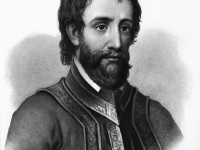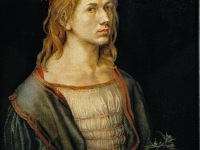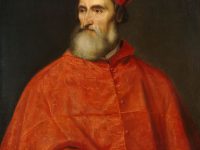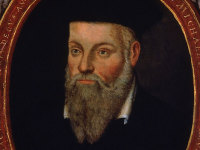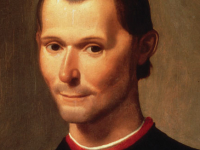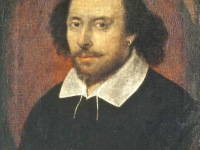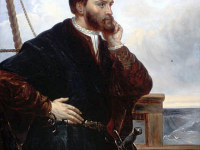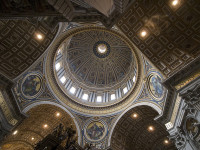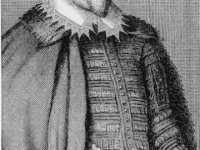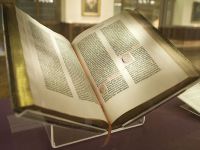Hernando de Soto’s American Expedition
On June 3, 1539, Spanish conquistador and explorer Hernando de Soto, with all the dignitaries and necessary paraphernalia, took formal possession of La Florida, where he landed nine ships with more than 620 men and 220 horses. De Soto‘s expedition was the first European expedition leading deep into the territory of the modern-day United States, searching for gold, silver and also a passage to China. Moreover, he also was the first European…
Read more

